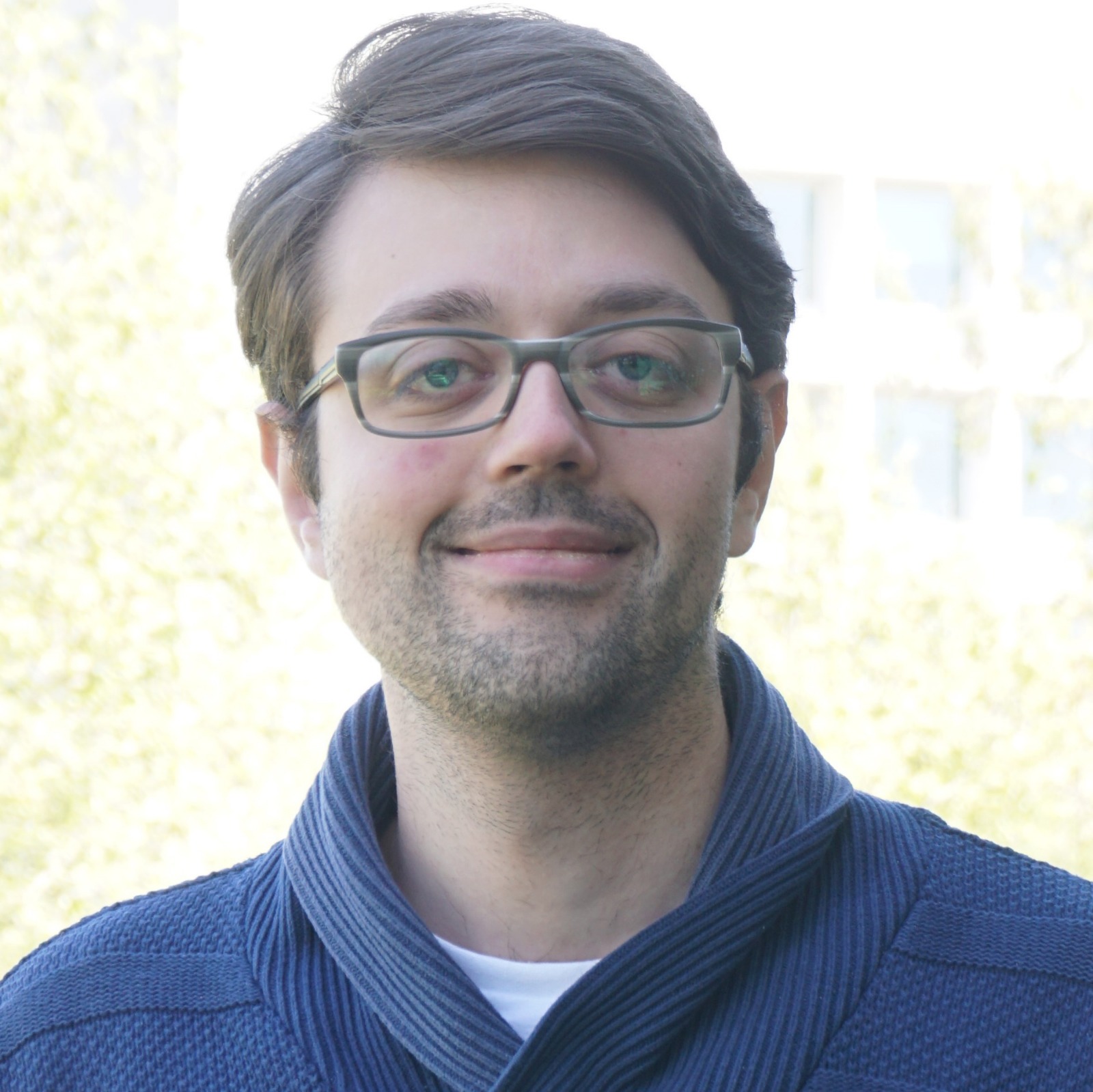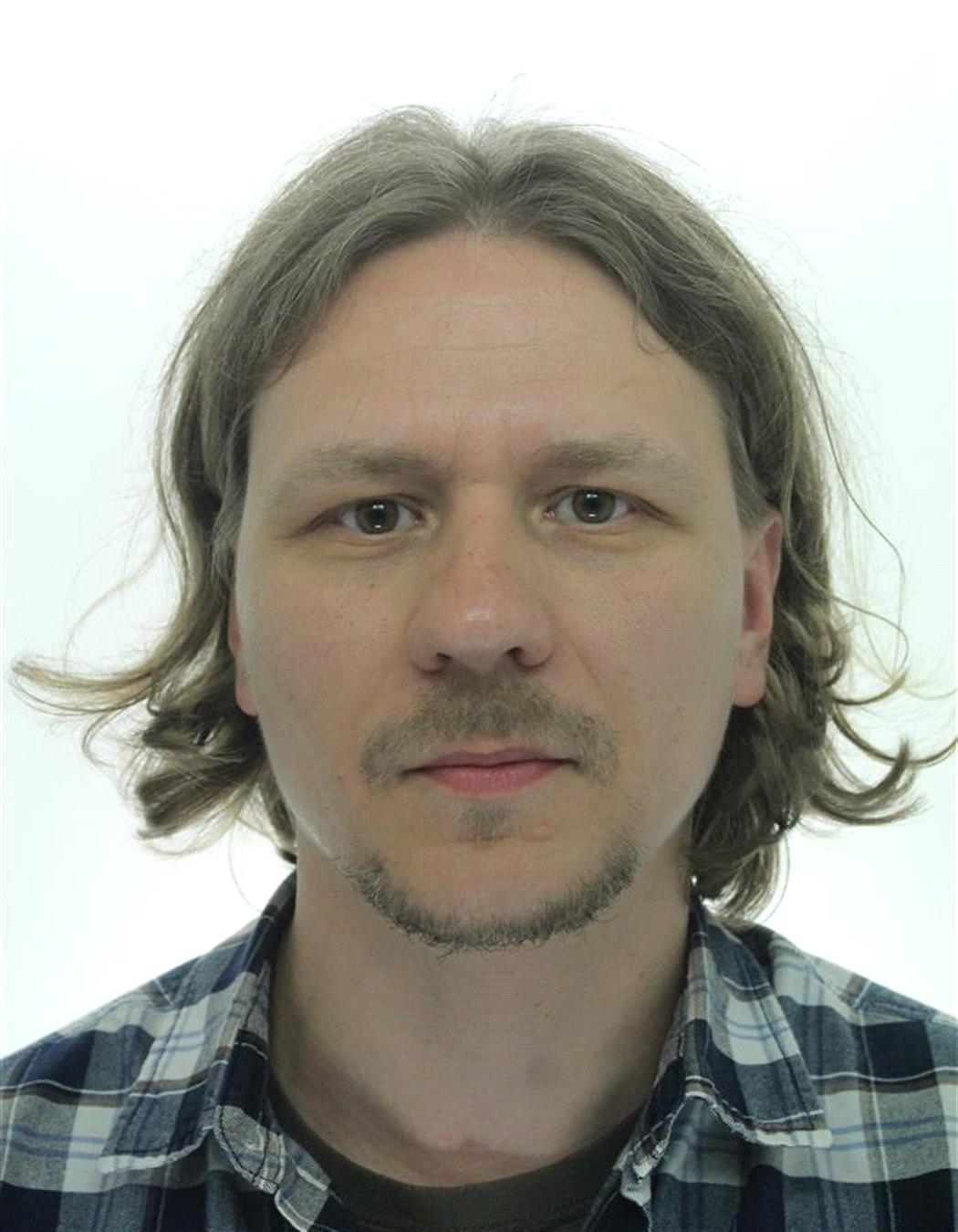CraftAICon is the go-to virtual conference for software engineers, AI practitioners, and tech leaders keen on the latest in AI and software engineering. This one-day event brings together leading minds for enlightening keynotes and panel discussions, fostering a deep dive into AI advancements and offering a unique opportunity for Q&A and interactive discussions. Join us to connect, share insights, and explore the future of AI in tech.

Serial Entrepreneur, Start-up tech Co-founder & Advisor | Turning Bold Ideas into Successful Ventures
While the latest AI models demonstrate their ability to generate code, the community has quickly split into two camps. One camp wants to save time and generate code because tasks with the help of the AI take significantly less time, which can lead to increased productivity. Others are more focused on code reliability, security, and expressed concerns about the risk of information leakage. We will review these aspects and answer questions for ourselves:

Paulo Maia has a Master's degree in Bioengineering (Specialization in Biomedical Engineering) from FEUP (2019). As a student, he carried out research in the area of signal processing in neurological diseases, at INESC TEC. Since 2019, he has worked as a Data Scientist at NILG.AI (currently Lead Data Scientist), where he supports companies to use artificial intelligence as part of their business strategy. He has also been part of the Lead Team of Data Science for Social Good Portugal (DSSG PT) since October 2019, an association with the aim of supporting non-profit institutions to use data to increase their impact.
AI is the only technology that can create highly adaptable and ever-improving businesses. In this talk, we will discuss the three tribes of AI: Model-centric AI, Data-centric AI, Business-centric AI. What distinguishes them? What is our recommended approach to build AI projects? Covering examples of use cases with different approaches according to these tribes

Bioinformatician at Lund University and NBIS SciLifeLab doing computational analysis of medical and biological data.
Recent advances in next-generation sequencing and other types of high-throughput technologies allowed for various types of biological and biomedical data to be collected and analyzed with the focus on machine learning predictive modeling. In this presentation, I will give an overview of available data and current challenges in Life Sciences, and concentrate on how machine learning methods are typically applied for cell biology and clinical diagnostics.
Join us to explore the future of AI and connect with industry leaders.